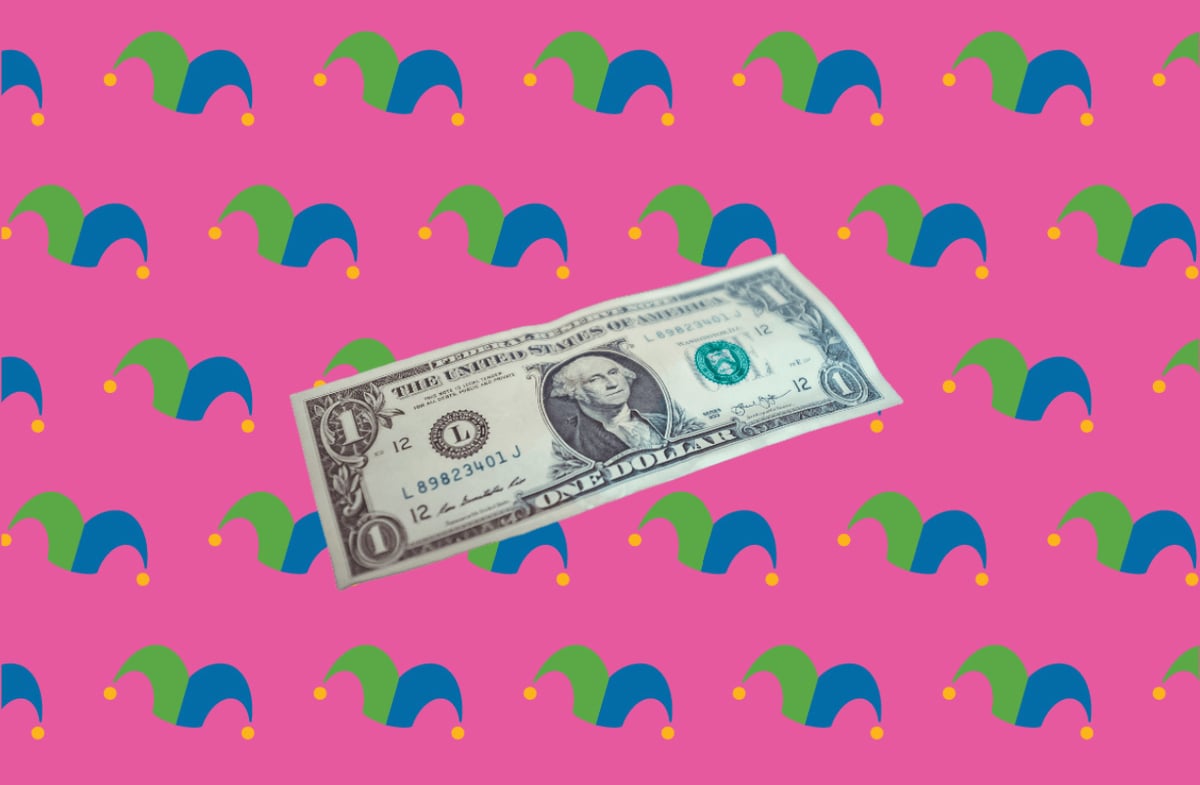Improving your finances takes a lot of time and dedication. But that doesn’t mean it has to be difficult. Small steps can have a big impact on your financial situation and set yourself up to succeed.
Here are five simple changes you can make right now.
1. Switch to a high-yield savings account
Traditional savings accounts have their place, but if you’re looking to maximize your savings, they aren’t necessarily the best tool. A high-yield savings account (HYSA), on the other hand, can offer much more lucrative interest rates than traditional savings accounts. For instance, while the average national savings account offers a rate of 0.45%, the best HYSAs are currently offering rates of 4% and up.
Interested in opening a HYSA to earn more money? Check out our list of the best HYSAs on the market.
2. Automate your savings
When you’re busy dealing with more pressing financial issues like paying off debt, savings accounts can easily fall to the wayside. That’s especially true if you don’t have an automated savings transfer set up. But this can take just a minute or two to accomplish via your bank’s website.
Even if you can only afford to save $100 or less per month, setting up an automatic transfer means you have to plan around that contribution. And over time, that can add up to more than you were expecting, particularly when unplanned expenses pop up.
3. Open a Roth IRA
Retirement savings is another area that many people deprioritize. After all, if you have a 401(k), you likely have automatic contributions set up through your employer, making it easy to forget about other accounts that could help you save for retirement.
Click here for our picks for Roth IRAs, and check out a simple way to address your taxes in retirement. Roth IRAs let you withdraw funds tax-free during that time.
Plus, the contribution limits for an IRA are separate from a 401(k), letting you boost your overall savings. And you may be able to automate contributions here, too.
4. Pay your credit card weekly
Whether you’ve struggled with credit card debt in the past, you’re relatively new to the world of credit cards, or you’re a credit card expert, paying your credit card bills weekly can be a valuable practice to start.
This way, you can pay off your balance before your creditor charges interest, saving you money. It can also help you ensure you’re only charging items you know you can afford, especially if you’re prone to impulse spending.
5. Get a budgeting app
Budgets are one of those financial tools that are great on paper, but are cumbersome in reality. That’s why the best budgeting apps, which take the effort out of the equation, are great options.
They can help you recognize trends in your spending patterns without having to comb through your credit card statements. And because you get a top-down view of your accounts, you can more easily plan for the future, whether that’s getting out of debt or saving for a house.
These five moves may feel small in the moment, but over time, they can lead to big changes in your overall finances. You don’t have to tackle them all at once. But given that they can take just minutes to accomplish, they’re well worth the effort if you’re willing to take the time.

